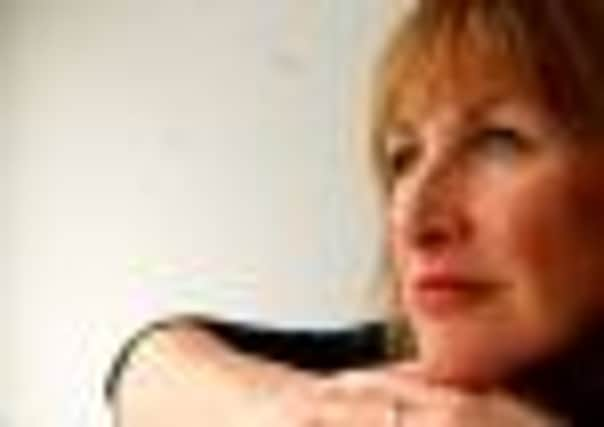Looking towards further horizons


Either they stay put, find a partner, settle down, have children, or they go away then return, finding book and record shops they once knew replaced by sandwich and burger bars.
Vintage clothes shops and coffee bars opening on Chanterlands Avenue; and, for me, a bijou coffee house selling organic cupcakes where my mother used to buy her veg. Now, too, there’s the glittering edifice that is Princes Quay. Well, who wants to walk down Whitefriargate on a cold, wintry afternoon in January?
Advertisement
Hide AdAdvertisement
Hide AdI once described Hull people’s vowels as being “as flat as their horizons”.
The exception to the flat outlook is north and a view of the hills of the Yorkshire Wolds chalk escarpment. But all other points of the compass give vistas to water or the M62. So, flat horizons then – though not necessarily limited.
As a child, I had my very own horizon… I wanted to be a writer. I filled exercise book after exercise book – the red Silvine ones you found in every cornershop – with stories.
I had two topics, witches – usually from Halloween onwards – and horses, about which I was mad in the usual girls and horses way. When I wasn’t writing I was reading about the Famous Five, Gobbolino the Witch’s Cat, and Willy Wonka’s Chocolate Factory.
Advertisement
Hide AdAdvertisement
Hide AdI dreamed of one day seeing my witches – often called Esmerelda or Grimalkin – or horse-riding heroines between the colourful covers of a real, bona fide, printed, published book.
And then reality kicked in, and the need to get O-levels, A-levels and boyfriends – and in the process of getting a boyfriend, the seeds of my future book were sown, even though I had completely taken my eye off the ball in terms of writing.
It’s difficult to get lost in an imaginary world when you’re having to learn chunks of Shakespeare and your mother disapproves of everything you do.
And actually, my teenage life – and the friends I made in the sixth form while at Cottingham High School – was quite enough to keep my imagination sated, and I filled diaries instead of exercise books with real stories now, about life, love, the universe and everything.
Advertisement
Hide AdAdvertisement
Hide AdI decided to train to be a journalist; it was glamorous and I could write, right? Jean Rook was a famous name from Hull, and she seemed to get paid for very few words, though they were choice ones, I’ll give her that. And so, after A-levels,
I headed west to study in Sheffield, and then towork on weekly newspapers in Pontefract and Wakefield before reaching my very own dizzy heights at the Yorkshire Evening Post in Wellington Street, in the very same hexagonal building where I’d taken the tests that had got me into journalism college in the first place.
Life took me away from Leeds in the shape of a job in Scotland and my husband. In 1990, we moved north of the border thinking we were leaving all things Yorkshire behind.
But my home county was having none of it and gradually my past, and the tragedy of what happened to the first love I’d blithely written about in my 1981 diary, caught up with me, insistent, and pulling me back to a point about halfway between Leeds and Sheffield – Wentbridge, on the A1, here “something” happened.
Advertisement
Hide AdAdvertisement
Hide AdRevisiting the teen me and the story of growing up and leaving, took me back home, and even to writing again, now for the newspaper I left behind in 1990.
I’ve learned my lesson. Never say never. Never say “nothing ever happens”, and horizons – even those in Hull – are never as flat or calm as they look.
Nothing Ever Happens in Wentbridge, by Janet Watson, published by Route (www.route-online.com), price £9.99.
Publishing from house
Founded on January 1, 2000, Route publishing operates out of a terrace house in Pontefract and is run by Ian Daley and Isabel Galan.
Advertisement
Hide AdAdvertisement
Hide AdTheir author list includes Nobel laureates and first-time writers, music superstars and warehouse operatives. They publish fiction, non-fiction or memoir.
Their best selling title is Ian Clayton’s memoir Bringing It All Back Home and their highest literary recognition was to be shortlisted for the James Tait Memorial Prize in 2011 with Michael Nath’s novel La Rochelle.
Other titles include Red Laal and Red Army Faction Blues.